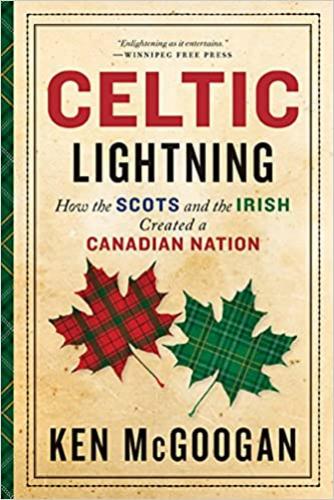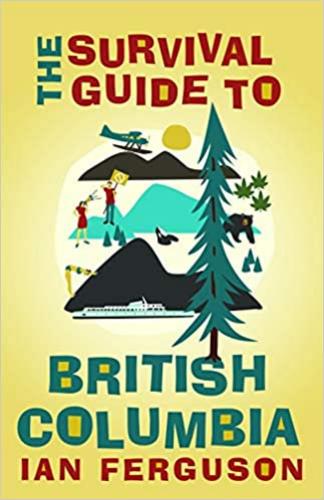With Celtic Lightning, Ken McGoogan asks the question: Who do we think we are? He argues that Canadians have never investigated the demographic reality that informs this book?the fact that more than nine million Canadians claim Scottish or Irish heritage. Did the ancestors of more than one quarter of our population arrive without cultural baggage? No history, no values, no vision? Impossible.
McGoogan writes that to understand who we are and where we are going, Canadians must look to cultural genealogy. He builds on the work of Richard Dawkins, who contends that ideas and values (“memes”) can be transmitted from one generation to another. Scottish and Irish immigrants arrived in Canada with values they had learned from their forebears. And they did so early enough, and in sufficient numbers, to shape an emerging Canadian nation.
McGoogan highlights five of the values they imported as foundational: independence, democracy, pluralism, audacity and perseverance. He shows that these values are thriving in contemporary Canada and traces their evolution through the lives of thirty prominent individuals?heroes, rebels, poets, inventors, pirate queens?who played formative roles in the histories of Scotland and Ireland.
In the nineteenth century, two charged traditions came together in Canada. That reconnection, Scottish and Irish, sparked Celtic lightning … and gave rise to a Canadian nation.
So you’ve arrived in British Columbia. Perhaps you’re just passing through; perhaps you want to stay a while. You may even be contemplating making British Columbia your home. What you need is a well-researched, comprehensive guide to living and even prospering in Canada’s westernmost province. This isn’t it. However, the information contained in this book will allow you to experience British Columbia with minimal damage to your well being.
Having lived in nearly every province in the country before settling in BC, Ian Ferguson can say with authority that things work differently here. So differently, in fact, that visitors and newcomers from other parts of Canada may put themselves in physical peril if they try to dress, act, drive, work, vote, or socialize in the same ways as they would elsewhere. With practical advice, little-known facts, and personal anecdotes, Ferguson tackles everything from how to recognize a local (and differentiate the various types of facial hair that delineate the male British Columbian) to how to survive both natural and unnatural disasters (whether it’s a light dusting of snow on the southern tip of Vancouver Island or a full-blown hockey riot) to how BC has been governed through the ages (like the time a bootlegger was put in charge of prohibition). Illuminating, hilarious, and only mildly offensive, The Survival Guide to British Columbia will make you question why you ever came here in the first place.



